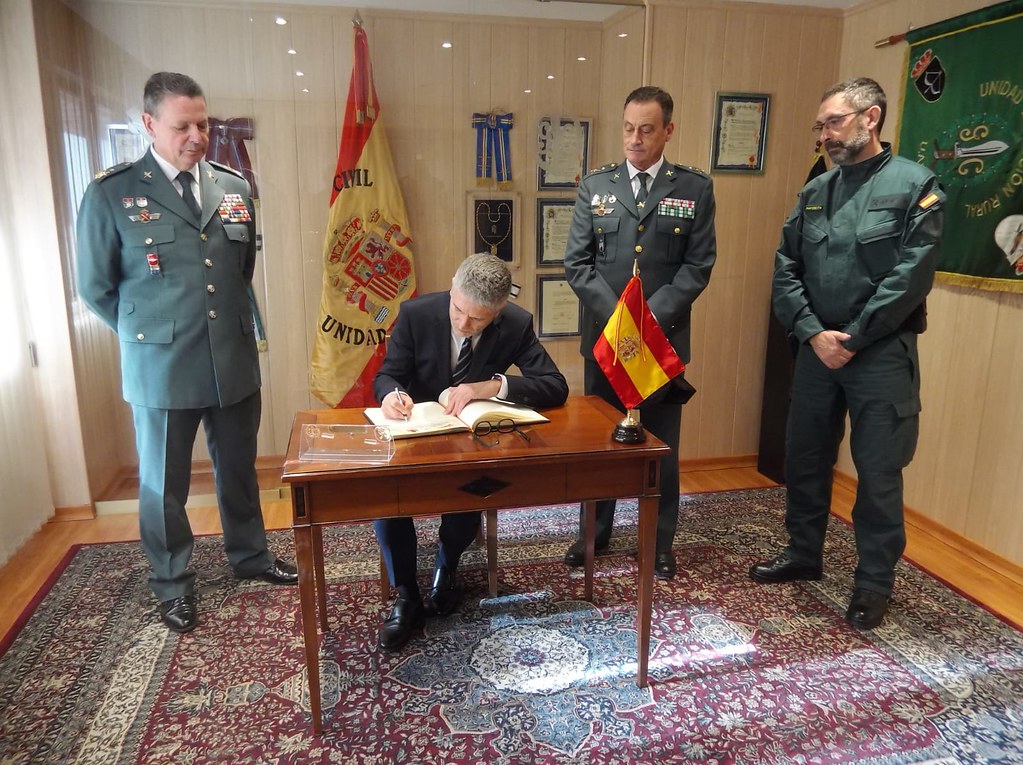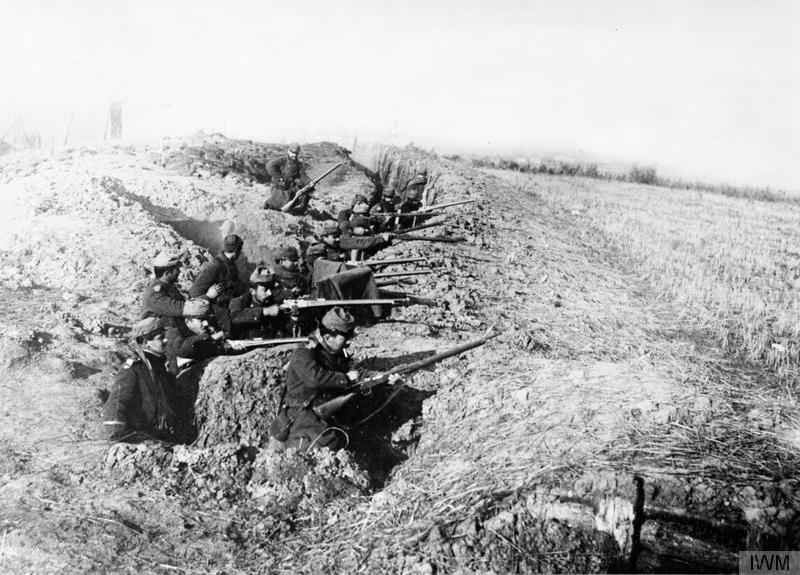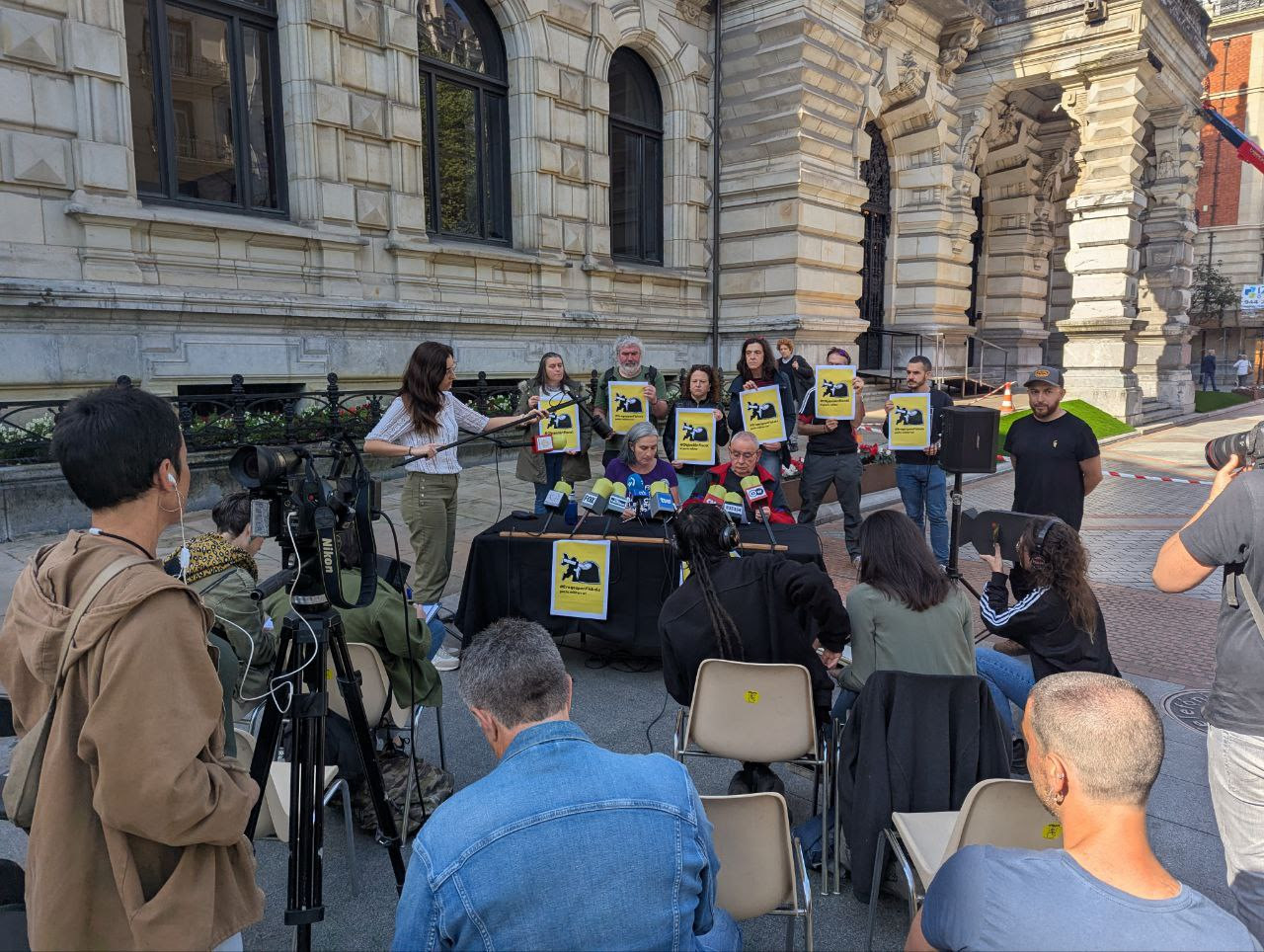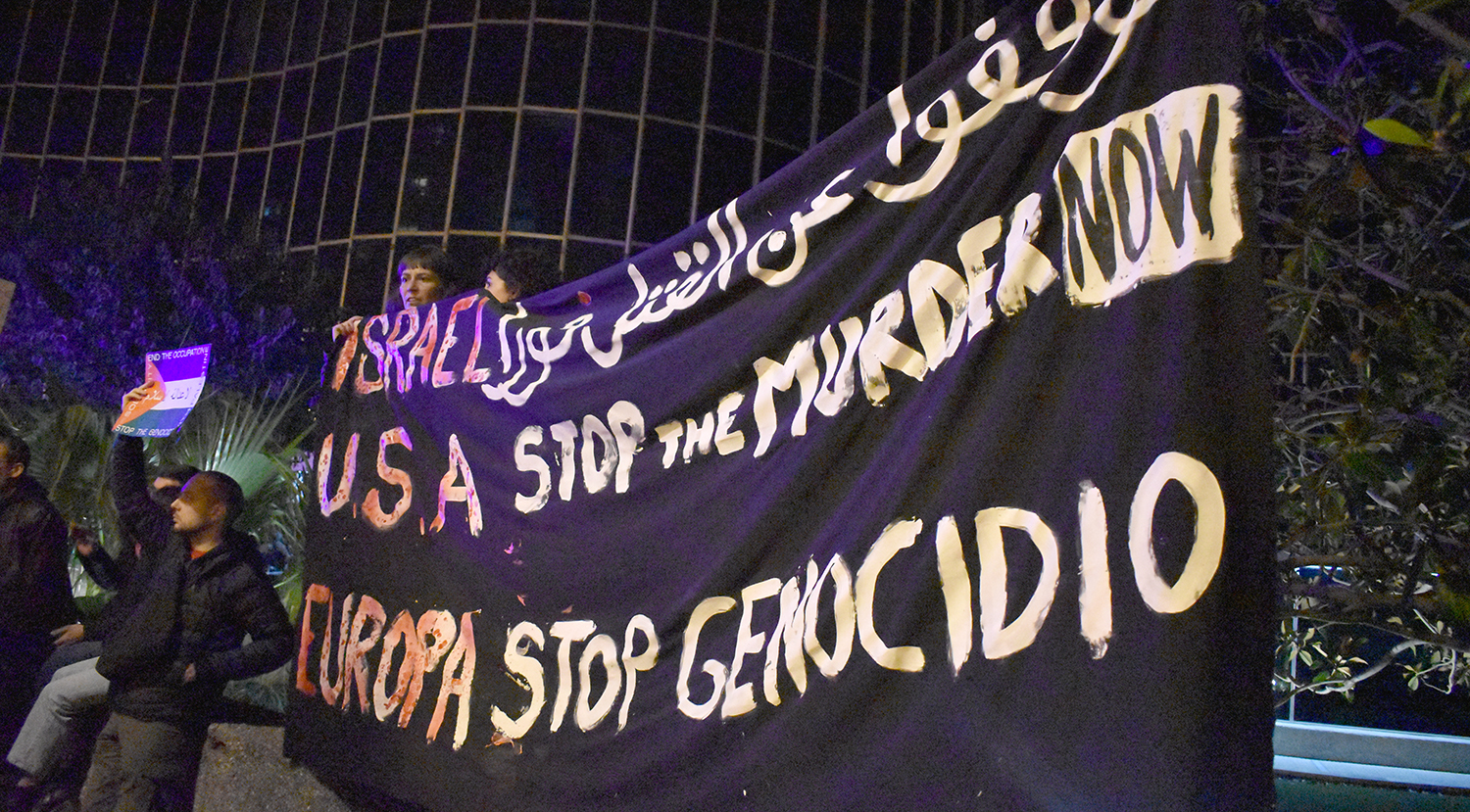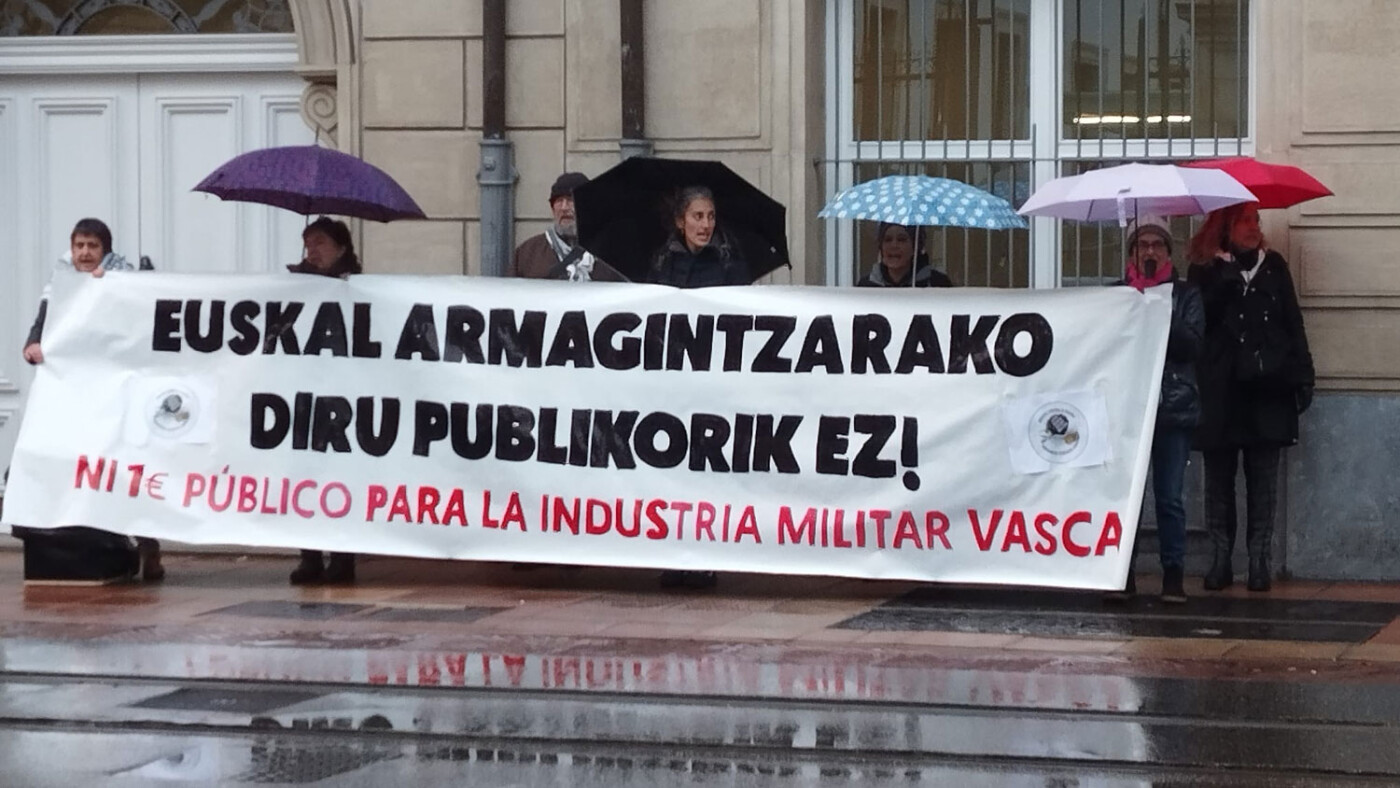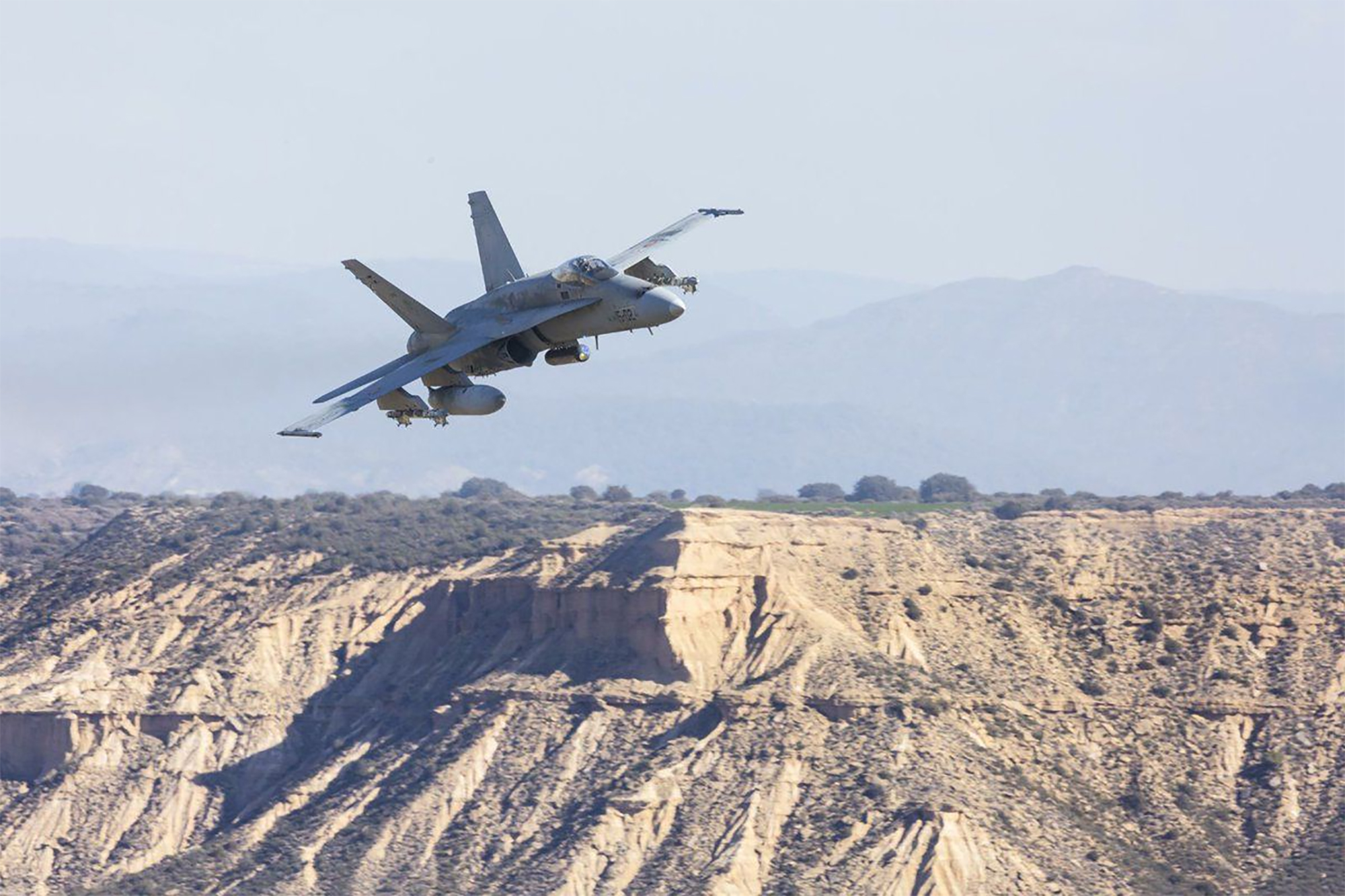Legacy of 11 September: Yes we drone
- In October 2001, a month after the September 11 World Trade Center attacks, a U.S. Air Force pilot made history: he was the first person to commit a deadly attack on a modern drone (The Predator). Since then, drones have become the main instrument and symbol of the selective massacres of the 21st century, especially under the command of the US-designated "war on terror".

The main reason given by the US Government for the use of drones is the "surgical specification". That is, because this technology would be very useful for killing the evil ones and preventing collateral damage, and for reducing damage to civilians or “innocent” ones. Or, rather, I thought it was.
Since the attacks of 11 September 2001, at least 22,000 civilians have been killed by air strikes and drone strikes, according to an investigation recently published in Airwars that has been arrested. However, the independent organisation set up in 2014 in England warns that the actual number of victims could be around EUR 48,000.
As part of the operations against Isis in Syria, the conflicts in Iraq and Afghanistan and the attacks on "insurgents" and "terrorists" in Yemen, SOMALIA, Pakistan and Libya, the United States has encrypted at least 91,340 air strikes over the past 20 years. For example, between summer 2014 and summer 2019, 14,570 drone strikes were recorded in Iraq and 19,785 in Syria. Estimates of the deaths in those attacks indicate that 13,000 civilian deaths were committed, of which 2,300 were children.
New York Times journalist David Rohde was kidnapped by the Taliban for several months in Pakistan, between 2008 and 2009, the government said. During the captivity he first knew the influence of drones on the population: "At a time when I was captive, I developed great sympathy for the Pakistanis, for the civilians captured between the Taliban and the relentless American technology. They live in the hell that is on earth.
Drone bombings have not created peaceful countries, have not defeated “enemies” or prevented the death of innocent people. They have done nothing but increase fear and hatred, as well as the mass exodus of people and poverty. However, on the other side of the screen, they have managed to turn murder into something as simple and superficial as playing video games.
War and transparency are not friends with each other, and drone attacks have further impeded access to detailed information on victims and damage from war and recognition of victims.
Two decades have passed since 11 September 2001. But its legacy has not only changed the way we do war, but it has also completely changed the international context. Because respect for human rights has reached the same level where mistrust towards governments has fallen.
A few weeks ago, the President of the European Union, Ursula von der Leyen, reported on the need for military spending of eight hundred billion euros. This expenditure is said to be in response to a military threat to which Europe is exposed, and it has been confirmed that there... [+]
“Bag of resilience”, “survival manual”, “backpack of evacuations”: that’s what you can hear in the mouths of the authorities in recent weeks.
Among the declarations of the past month, the European Union has asked the population to prepare a “survival kit” to... [+]
My mother always says: “I never understood why World War I happened. It doesn't make any sense to him. He does not understand why the old European powers were involved in such barbarism and does not get into his head how they were persuaded to kill these young men from Europe,... [+]
Bizitza erdigunean jartzeko abagunea ikusi genuen feministok zein ekologistok Covid-19 pandemia garaian. Ez ginen inozoak, bagenekien boteretsuak eta herritar asko gustura itzuliko zirela betiko normaltasunera. Bereziki, konfinamendu samurra pasa zutenak haien txaletetan edo... [+]
At the end of June we finished the first parts of the book Conversión de la industria militar en Euskal Herria para no fabricar más guerras (Adaptation of the arms industry in the Basque Country so as not to create more wars) La guerra is coming! It explores and investigates... [+]
Intsumituek denbora luzez egindako borroka gogorra eta mingarria izan zen, baina irabazi zuten, eta garaipen hura behin betikoa izango zela uste genuen, atzera bueltarik gabea. Baina badirudi, politikari batzuen ahotik aterata, eskalada militaristari gorazarre egin eta berriz... [+]
Europako Batzordeak aurkeztu duen plana ustezko gerra edo hondamendi baten aurrean “bizirauteko” kit batetik harago doa: hogeita hamar neurri proposatu ditu eskoletan, enpresetan eta herritarren artean militarismoa eta beldurra sustatuko dutenak.
“Ez dugu gerraren aurrean etsi nahi, ez dugulako hilerrietako bakea nahi”, dio manifestuak, eta agintariei irtenbide politiko baten alde lanean jartzeko eskatu diete. Sinatzaileen artean daude Delàs institutua, Gernika Gogoratuz edo Ongi Etorri Errefuxiatuak... [+]
Orain dela 20 bat urte, berrikuntzaren inguruan master bat egin nuen. Bertaraturiko gonbidatu batek esan zigun gizakion historian berrikuntza teknologikoaren eragile handiena gerra izan zela. Gerra, halaber, eragile handia da botere harremanen berrikuntzan.
Berrikuntzaz ari... [+]








